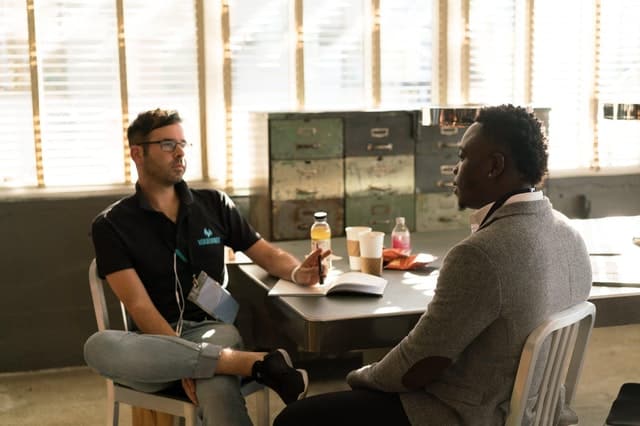Businesses have come a long way in appreciating the power of predictive analytics to pick up anomalies or trends that could become a threat to the organisation if not addressed in real-time. Business analytics empowers companies to be proactive in dealing with operational, sales or customer issues, rather than being reactive and having to play catch-up and pick up the pieces after it’s all gone wrong.
However, it is crucial that this principle is applied to businesses’ most valuable assets – people. Staying on the pulse of developing trends, themes and anomalies in the lives of employees, positions an organisation to offer its employees the support they need to remain engaged, happy, healthy and productive. After all, chasing all the efficiencies in the world means little, if people are disengaged, or worse, resigning in a time of acute skills shortages in the IT sector.
Just like a business would need the right skills to act on insights from its business intelligence tools, it also needs the right skills to act on insights gathered from its people analytics. And this starts with appreciating that people are not data sets, they’re human beings, they’re spouses, children and parents. They may be happy and productive or depressed and anxious. Perhaps they’re coping, or maybe they’re dependent on substances. People need empathy, care and understanding.
This is crucial because we are navigating an epoch in our human story that is characterised by trauma and people need support.
Prior to 2020, people were aware of the need to recognise mental wellness and invest in workplace programmes to support employees. But then, the pandemic swept the carpet from under the best-laid plans. Employees had to be at home, all the time, with families and children, and work and deliver. This continued for 15 or 16 hours a day, every day, in an “always-on” world, trying to show their value for fear of losing their jobs. They had to deal with family retrenchments, financial strain, illness, hospitalisations and death. It was a time of adrenaline, stress and anxiety.
The problem with this constant and repetitive trauma in the psyche is that it breaks down resilience and many people who perceived themselves as being mentally resilient, developed anxiety disorders, including depression, leading to mental and physical breakdowns.
Fast forward to today: While many expected new hybrid work arrangements to be better for employees, the residual – and sometimes very real and present – symptoms of the past two years have brought talented workers to their knees, incapable of recognising the symptoms of anxiety and/ or depression.
Add to this the daily onslaught of bad news, crime, insecurity and talk of yet another Covid-19 wave in a few months’ time, and it is clear that the people who populate the engine rooms and front lines of our businesses need first aid.
It’s precisely for this reason that Altron Karabina has built a model of people managers as opposed to the traditional talent or human resource officers. Each people manager has a background in psychology, meaning that by mere virtue of their foundational education, they understand people. As a team of people managers, we run a recurring programme called the pulse survey, where we take a “temperature check” around our employees. This creates a space for our employees to feel safe and speak freely, around what they are struggling with and where we can support them.
The intervention was designed to pick up anomalies and trends, and it quickly became evident that the pandemic had a real impact on the mental wellness of the workforce. And, just like alerts on business intelligence software, the red flags were taken seriously, action was taken, and the concept of mental health first aiders was embraced at Altron Karabina. The idea is to be proactive and address an issue before it’s too late.
The people management team went for mental health first aider training to help us identify staff who may be struggling with mental health issues. This has enabled us to intervene early and work with our employee wellness partners to get them the professional help that they need.
In other words, the job of our people managers, our mental health first-aiders, is to align the business to the people and the people with the business. The business understands that in order to operate at full capacity, and in order to retain the most talented people during these tough times, it must invest in its staff’s wellbeing and mental health.
When dealing with people, caring goes a long way and as we’ve demonstrated within our walls, we can spark immense success and witness what can only be described as miracles. The majority of a person’s life is spent working, so why would they bother embracing a business’s values if there isn’t a genuine sense of belonging? When someone belongs and feels safe, whether at work or at home, they fulfil their potential.
Various research bodies are releasing lists of the top employable skills for the digital age. Things such as analytical thinking, creativity, decision-making, empathy, and more, are touted as valuable skills that will make people more employable and indispensable for businesses of the future that will have increasing access to automation and machines.
On the other hand, a business that appreciates, celebrates, and supports the humanity and wellness of its employees, will make itself indispensable to people who – precisely because of the same digital age – will be able to choose far more easily where they’d like to work. If you want them to choose you then you must demonstrate that you genuinely care about people.
- Stephanie Barrett, Senior Human Capital Business Partner: Human Capital at Altron Karabina

